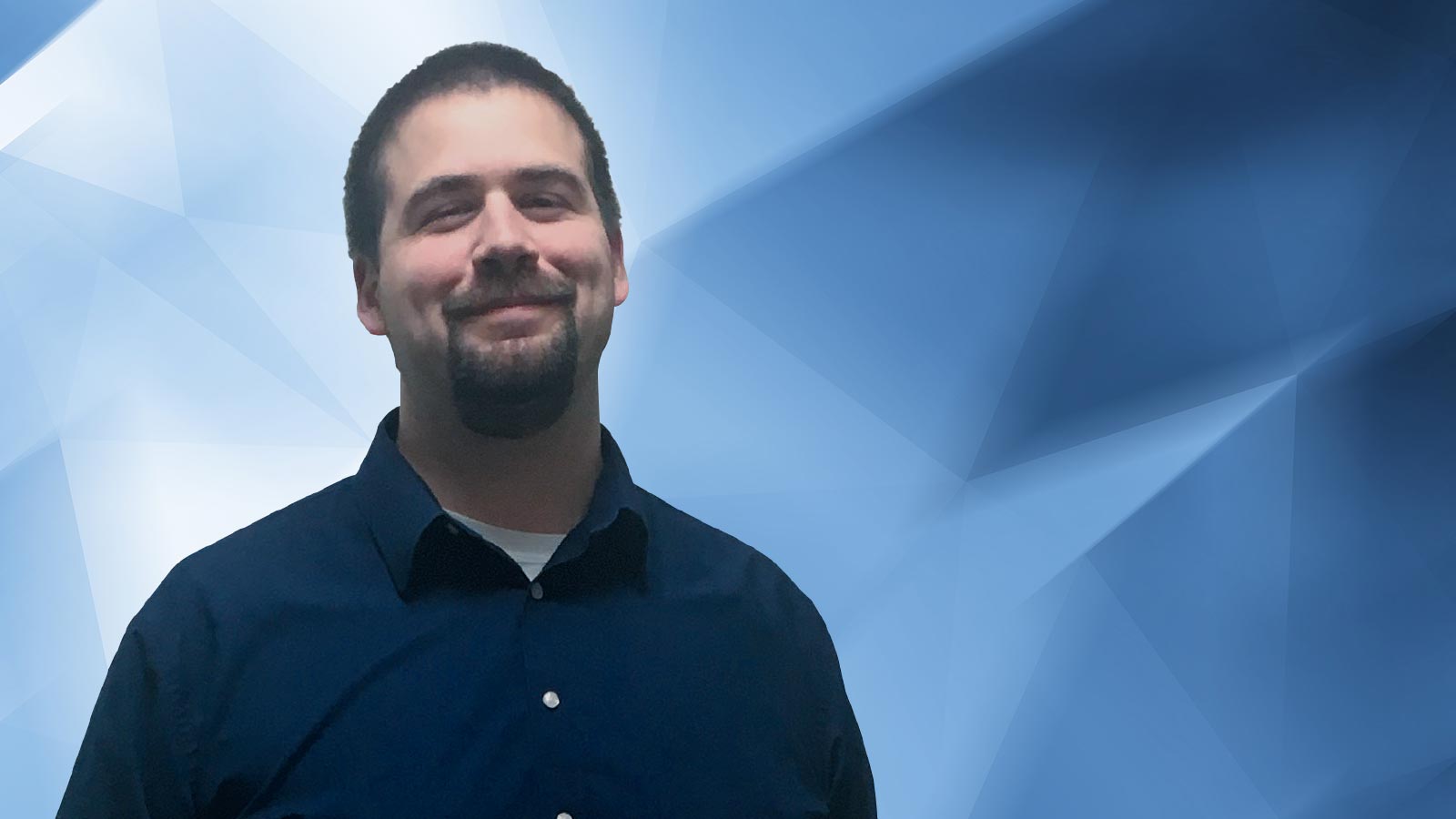Stay Up to Date
Submit your email address to receive the latest industry and Aerospace America news.
John Dolan, 34
John Dolan’s childhood fascination with technology, and computers in particular, sparked his career in engineering. In college, he gradually homed in on orbital dynamics and control theory, expertise he applies at Aireon, the aircraft tracking joint venture of Iridium Communications and the air navigation authorities of Canada, the United Kingdom, Italy, Denmark and Ireland. Dolan focuses on data analysis and modeling at Aireon, the company flying a constellation of satellite-based ADS-B, for Automatic Dependent Surveillance-Broadcast, receivers on Iridium NEXT communications satellites to offer continuous global updates on air traffic.
How did you become an aerospace engineer?
I attended Virginia Tech, where I earned my bachelor’s and master’s degrees in aerospace engineering. Initially, my interest was in space vehicle design. Through my course work, I gravitated toward orbital dynamics and control theory. The education in control theory helped me get my start in the air traffic surveillance industry working on multisensor trackers. As I continued to work in the industry, I spent much of my time on data analysis and complex simulations to model and test systems. Everywhere I worked, I was close to ADS-B, the technology at the heart of Aireon. All that experience and the colleagues I met along the way led me to my current position at Aireon. I am one of the primary caretakers of our Aireon Simulator, a high-fidelity complete simulation of every part of the Aireon system; from aircraft, to the satellites and all the way down to the data we transmit to our customers. Before we make any changes or do any work on the real system, we model the impact in our simulator. In addition, I analyze recorded data from the Aireon system to determine performance, troubleshoot any anomalies and explore ways to improve our service.
Imagine the world in 2050. What do you think will be happening in aviation?
To the average passenger, I don’t think aviation in 2050 will be much different from what it is today. There may be some interesting ideas starting to take root, such as supersonic/suborbital transports or space tourism. But I think the industry is moving toward efficiency. Aircraft will continue to get larger, engines will become more fuel efficient and aircraft will go farther distances than ever before. I imagine flights that travel halfway around the world in a single leg will become commonplace. This move toward efficiency will eventually challenge how we control, monitor and separate aircraft. I believe that the work we do here at Aireon will help make those flights safer and more efficient because we will be able to track those aircraft, uninterrupted, across the globe.
About Debra Werner
A longtime contributor to Aerospace America, Debra is also a correspondent for Space News on the West Coast of the United States.
Related Posts
Stay Up to Date
Submit your email address to receive the latest industry and Aerospace America news.




